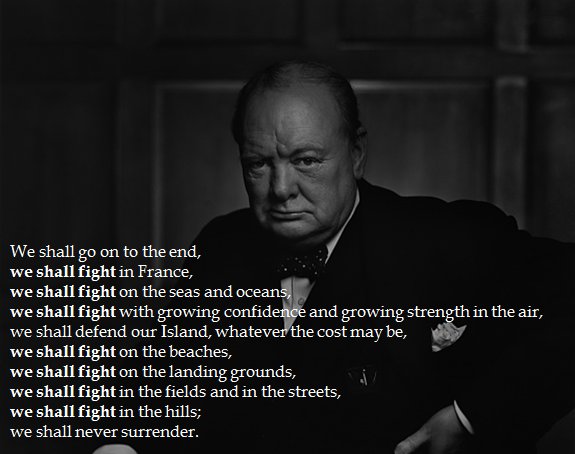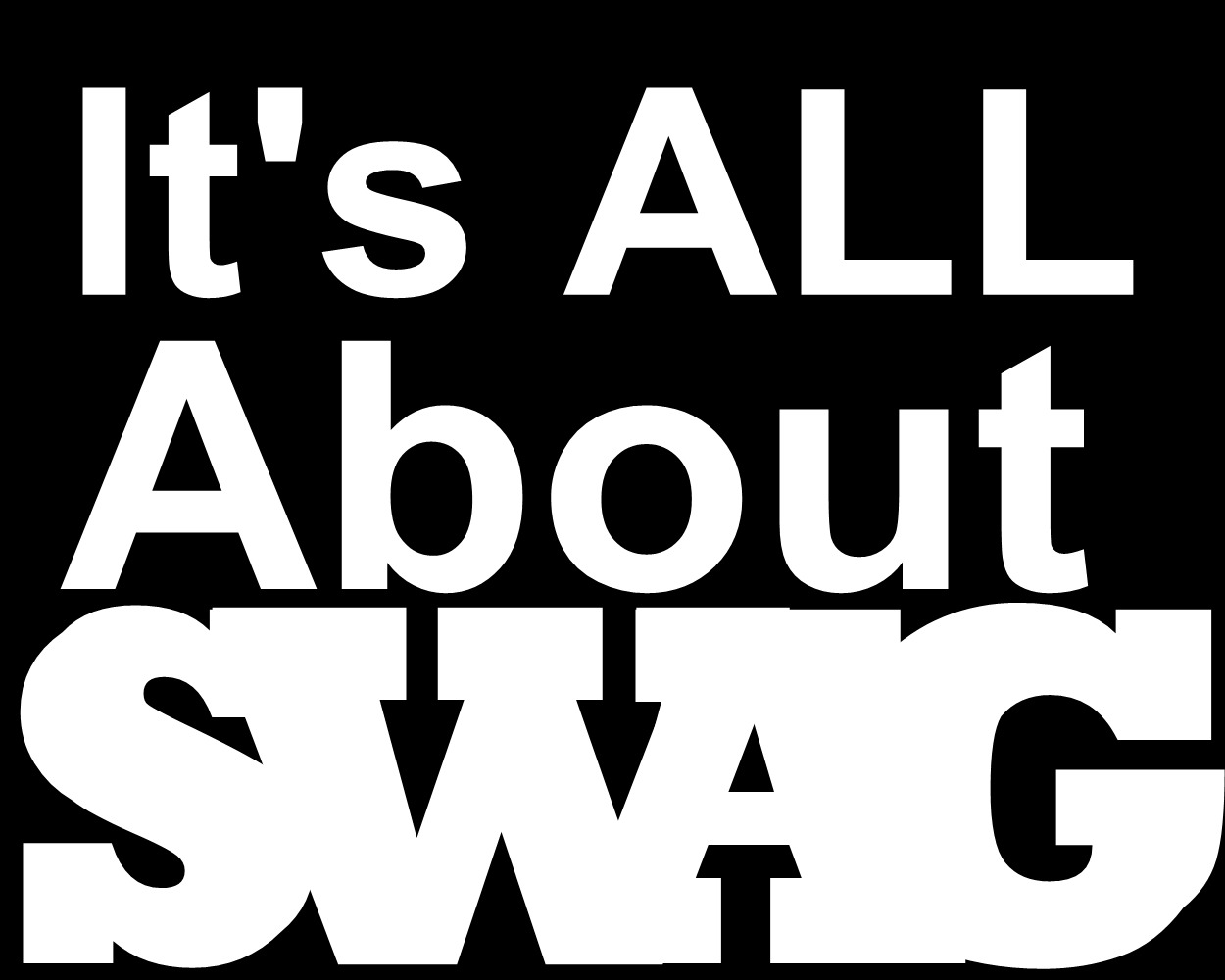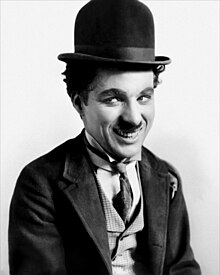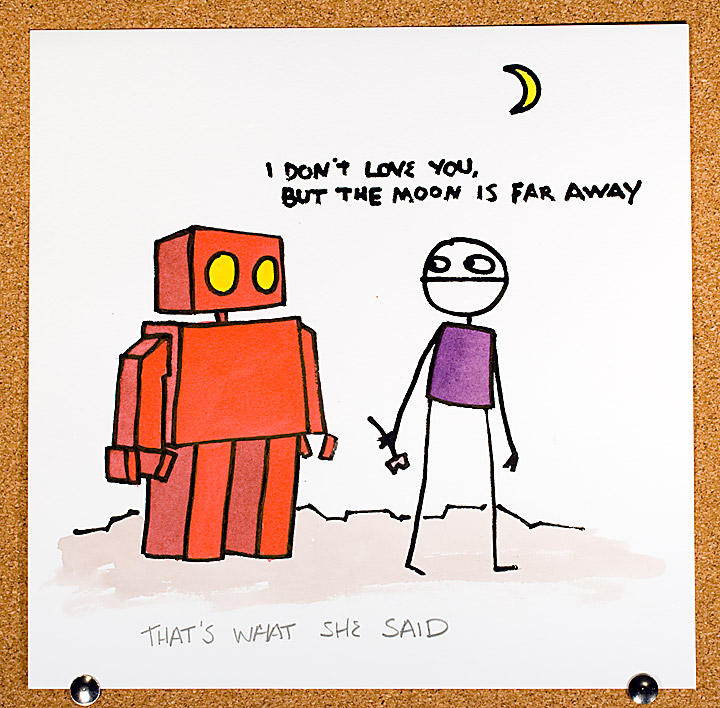Wednesday, January 30, 2013
What's The Story?
The novel of A Tale of Two Cities was published in the year 1839 from the months April through November. The novel was completed in thirty one weekly installments. The novel is divided into three major sections. The novel revolves around a French aristocrat and a British barrister, symbolizing the distinct difference between the two social classes. Dickens use of characterization reflected his own life in that his affair with Ellen Ternan can be seen as the role of Lucie Manette. Dickens also portrays a large allusion in his novel by setting the main plot line in both cities of Paris and London, knowing that the reader should already be aware of the major class distinctions of that time.
Monday, January 28, 2013
Dickens Map
1.) Considering that I have yet to begin the novel, from now until Monday I plan on evenly distributing the reading throughout each day.
2.) http://www.shmoop.com/tale-of-two-cities/questions.html. Honestly it was very difficult to find any other high-level AP questions concerning this novel.
2.) http://www.shmoop.com/tale-of-two-cities/questions.html. Honestly it was very difficult to find any other high-level AP questions concerning this novel.
- How heroic is Sydney Carton’s death?
- Would the novel be different if Lucie had killed Madame Defarge? How?
- Is A Tale of Two Cities a novel about revolution or a novel about rape?
- Is revenge ever justifiable? If so, when?
- How is "honor" defined in this novel? Are there multiple versions of honor? If so, which is the most effective? The most respectable? Who is the most honorable character?
Wednesday, January 23, 2013
Lit Terms: 6-30
Analogy: a comparison made between two things to show the similarities between them

Analysis: a method in which a work or idea is separated into its parts, and those parts given rigorous and detailed scrutiny

Anaphora: a device or repetition in which a word or words are repeated at the beginning of two or more lines, phrases, clauses, or sentences

Anecdote: a very short story used to illustrate a point

Antagonist: a person or force opposing the protagonist in a drama or narrative

Antithesis: a balancing of one term against another for emphasis or stylistic effectiveness

Aphorism: a terse, pointed statement expressing some wise or clever observation about life

Apologia: a defense or justification for some doctrine, piece of writing, cause, or action; also apology

Apostrophe: a figure of speech in which an absent or dead person, an abstract quality, or something inanimate or nonhuman is addressed directly

Argument(ation): the process of convincing a reader by proving either the truth or the falsity of an idea or proposition; also, the thesis or proposition itself

Assumption: the act of supposing, or taking for granted that a thing is true

Audience: the intended listener or listeners

Characterization: the means by which a writer reveals a character’s personality

Chiasmus: a reversal in the order off words so that the second half of a statement balances the first half in inverted word order

Circumlocution: a roundabout or evasive speech or writing, in which many words are used but a few would have served

Classicism: art, literature, and music reflecting the principles of ancient Greece and Rome: tradition, reason, clarity, order, and balance

Cliché: a phrase or situation overused within society

Climax: the decisive point in a narrative or drama; the pint of greatest intensity or interest at which plot question is answered or resolved

Colloquialism: folksy speech, slang words or phrases usually used in informal conversation

Comedy: originally a nondramatic literary piece of work that was marked by a happy ending; now a term to describe a ludicrous, farcical, or amusing event designed provide enjoyment or produce smiles and laughter

Conflict: struggle or problem in a story causing tension

Connotation: implicit meaning, going beyond dictionary definition

Contrast: a rhetorical device by which one element (idea or object) is thrown into opposition to another for the sake of emphasis or clarity

Denotation: plain dictionary definition

Denouement (pronounced day-new-mahn): loose ends tied up in a story after the climax, closure, conclusion


Analysis: a method in which a work or idea is separated into its parts, and those parts given rigorous and detailed scrutiny

Anaphora: a device or repetition in which a word or words are repeated at the beginning of two or more lines, phrases, clauses, or sentences

Anecdote: a very short story used to illustrate a point

Antagonist: a person or force opposing the protagonist in a drama or narrative

Antithesis: a balancing of one term against another for emphasis or stylistic effectiveness

Aphorism: a terse, pointed statement expressing some wise or clever observation about life

Apologia: a defense or justification for some doctrine, piece of writing, cause, or action; also apology

Apostrophe: a figure of speech in which an absent or dead person, an abstract quality, or something inanimate or nonhuman is addressed directly

Argument(ation): the process of convincing a reader by proving either the truth or the falsity of an idea or proposition; also, the thesis or proposition itself

Assumption: the act of supposing, or taking for granted that a thing is true

Audience: the intended listener or listeners

Characterization: the means by which a writer reveals a character’s personality

Chiasmus: a reversal in the order off words so that the second half of a statement balances the first half in inverted word order

Circumlocution: a roundabout or evasive speech or writing, in which many words are used but a few would have served

Classicism: art, literature, and music reflecting the principles of ancient Greece and Rome: tradition, reason, clarity, order, and balance

Cliché: a phrase or situation overused within society

Climax: the decisive point in a narrative or drama; the pint of greatest intensity or interest at which plot question is answered or resolved

Colloquialism: folksy speech, slang words or phrases usually used in informal conversation

Comedy: originally a nondramatic literary piece of work that was marked by a happy ending; now a term to describe a ludicrous, farcical, or amusing event designed provide enjoyment or produce smiles and laughter

Conflict: struggle or problem in a story causing tension

Connotation: implicit meaning, going beyond dictionary definition

Contrast: a rhetorical device by which one element (idea or object) is thrown into opposition to another for the sake of emphasis or clarity

Denotation: plain dictionary definition

Denouement (pronounced day-new-mahn): loose ends tied up in a story after the climax, closure, conclusion

Friday, January 18, 2013
POETRY ANALYSIS
Obscurity and Selfhood |
|||||||||||||||||||||||||||||||||||||||||||||
| by C. D. Wright | |||||||||||||||||||||||||||||||||||||||||||||
|
Not far from a college. Nevertheless. A man living by himself kept his fighting cocks in plain sight. Each had its own tether and miniature shed and dish with embossed sobriquet. Their domestication reserved for battle before the table. Gallus gallus domesticus. A young male, a cockerel, my husband's patronymic before the adoption. Some hens are disposed to poach another's egg. Once there were teeth. Given certain conditions they could come back. If not a full set. Even now a breathing hole has to be pipped for the offspring to break out. This is done with an egg tooth. Not a true tooth. Love among the chickens involves a circle dance. He is a wonderful dancer. It goes straight to her brain. Before and after they prefer to wash off in dust. Ashes will work if no dust. If they aren't forced into shedding one another's blood, they can live until their heart gives out. The cock the man could not resist loving. He withdrew from the ring. Yet relinquished. To settle an unforgiven debt. My question is this: Would you describe yourself as a wanderer, a friend of the court, amicus curiae, falsely construed as a snitch, a blue yodeler, an apostate, a lost cause, a bird in the house, a biter, a common blogger, a contender, a purse snatcher, a false witness, a palterer, a silkie, a backyarder, channeler for malevolent spirits, girt in the loins, figure on a shard of black pottery, moderately active, a fog machine, a visionary miserabilist, a chook or a cuckold, a roundhead, a little seditious, a slow-wave sleeper, a dead mule, a gongorist, honey on the comb, half goat half god, a white throwback, crossed with a mongrel, a genesis, a retired fighting cock, a doll named Memphis. This poem explores the many different lives that human beings can lead. The general summary concerns a fighting cock that the master decides to pull from the ring because the master loves it too much. The tone is very powerful and thought provoking because it directly asks the reader who they think they are. I found the diction to be more advanced once the author began to ask the reader who they truly are.
From just the title the reader is able to grasp the idea that this poem will most likely concern Christopher Columbus. The poem describes how Columbus was refused by the environment around him which caused him to travel west towards a new world. The theme presents itself as how the world can change so very quickly. | |||||||||||||||||||||||||||||||||||||||||||||
Wednesday, January 16, 2013
St. Crispin’s Day Speech
I found this assignment to be the most difficult assignment of the entire year so far. The memorization itself was not difficult, rather the environment in which it was placed made it extremely laborious to complete. I know Dr. Preston did say during class that he understands the stress each student is enduring, however this speech merely added to the overwhelming emotional feelings that is affecting each and every student. At this very moment it is physically and mentally draining to complete this assignment, however when a certain free moment makes itself known I promise to take advantage of that moment and finish the memorization.
Tuesday, January 15, 2013
LIT TERMS 1-5
Allegory: a tale in prose or verse in which characters, actions, or settings represent abstract ideas or moral
qualities; a story that uses symbols to make a point

Alliteration: the repetition of similar initial sounds, usually consonants, in a group of words

Allusion: a reference to a person, a place, an event, or a literary work that a writer expects a reader to recognize

Ambiguity: something uncertain as to interpretation

Anachronism: something that shows up in the wrong place or the wrong time

qualities; a story that uses symbols to make a point

Alliteration: the repetition of similar initial sounds, usually consonants, in a group of words

Allusion: a reference to a person, a place, an event, or a literary work that a writer expects a reader to recognize

Ambiguity: something uncertain as to interpretation

Anachronism: something that shows up in the wrong place or the wrong time

Sunday, January 13, 2013
AP PREP POST 1: SIDDHARTHA
I could not find any AP related multiple choice questions concerning Siddhartha. After reviewing Siddhartha today in class I felt as if I needed to take into greater consideration the literary elements being used by the author. I tend to read, like most, only for pleasure enjoying in general the main theme of the passage or novel. I believe that if I am able to master the ability to simultaneously enjoy the novel while doing some kind of investigation, the AP exam will be a breeze.
SPRING SEMESTER PLAN 1
My goal for this semester is to receive at least 15-20 scholarships/loans that will pay for most of my college experience. I plan on applying for 1-2 scholarships each week while networking with my fellow peers to get ideas on what scholarships they are applying for. To be even more specific, I have decided to spend at least 20 minutes a day on scholarships alone so that the process in its entirety does not feel so gruesome. Finally I feel as though it is necessary to visit the College and Career Center n a weekly basis so that I am constantly on top of upcoming financial aid options.
Wednesday, January 9, 2013
"What's In This For Me?"
I want to gain confidence in the classroom and in life by evolving into a
more accomplished writer and communicator. I hope to fulfill this goal
by lots of practice. To put a little twist on the old adage, PERFECT
practice make perfect.
Honestly, I do not want to take the simple baby steps that make me a better writer. I would like to be thrown into a pool of sharks (figuratively of course) and see how I do against the best. I am very competitive but I also love to learn from the best. I guess my athletic background has fueled my determination to always "play" against a stronger opponent because that is the only way I feel I am going to get better.
Honestly, I do not want to take the simple baby steps that make me a better writer. I would like to be thrown into a pool of sharks (figuratively of course) and see how I do against the best. I am very competitive but I also love to learn from the best. I guess my athletic background has fueled my determination to always "play" against a stronger opponent because that is the only way I feel I am going to get better.
Subscribe to:
Comments (Atom)